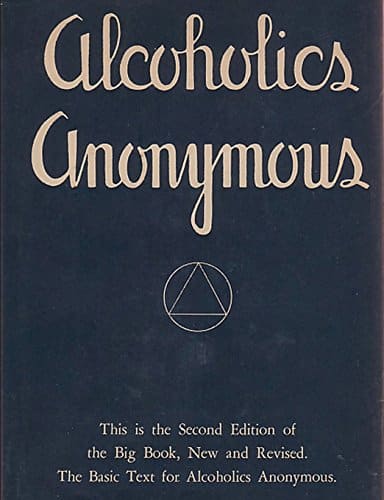
Understanding the “Book Thumpers” in AA
In the journey of recovery, individuals attending AA meetings will inevitably encounter those members known as “book thumpers.” These individuals uphold the Big Book of Alcoholics Anonymous as the ultimate and final source of recovery wisdom. The “book thumpers” or “AA fundamentalists,” as I call them, perceive the Big Book in a manner akin to how fundamentalist Christians view the Bible – divinely inspired and infallible.
The Big Book: A Divine Creation?
AA fundamentalists insist that if one truly wishes to grasp the insights of the Big Book, they should take it literally, word by word, citing its divine origins. In their view, the Big Book is the final authority on all recovery matters, trumping any conflicting opinion. However, this approach, akin to attributing God as the author of the Big Book, is a bold claim that requires extraordinary evidence, which is notably absent.
Questioning the Authorship
In reality, the authorship of the Big Book is distinctly human, and can be traced back to AA founder Bill Wilson. Though the book mentions the involvement of the first one hundred members in its creation, historical records suggest otherwise. The book, in fact, was predominantly a product of Bill Wilson’s efforts under the pressure of a looming deadline. This narrative stands as a testament to the human, rather than divine, nature of the Big Book’s creation.
Divine Inspiration and Its Limits
While divine inspiration may play a role in the creation of profound literature, books ultimately remain a product of fallible human authors. Writing is often an iterative process where the writer’s ideas become more precise over time, occasionally requiring revisions and updates. Given that the Big Book is over 80 years old, taking its words literally, outside of personal experience and contemporary research, might not be the most sound practice.
The Unchanging Big Book: Blessing or Curse?
Having a fixed text, like the first 164 pages of the Big Book, may provide a sense of stability and security for many. However, in an ever-evolving world of technology, science, and medicine, some aspects of the Big Book might seem anachronistic or incomplete to newcomers. Despite a few minor grammatical tweaks across its four editions, these pages have remained largely unchanged since their publication in 1939, leading to increased reliance on book thumping.
[End of Part 1]